What is black steel pipe?
Black steel pipe is uncoated steel, also known as black steel. The dark color comes from the iron oxide formed on its surface during the manufacturing process. When the steel pipe is forged, a black oxide scale is formed on its surface, giving it the finish seen on this type of pipe. These pipes are also called black iron pipes or black malleable cast iron pipes. Unlike other steel pipes that have a shiny silver-gray surface, black steel pipes have a dark and matte surface, which makes them unique in terms of beauty and application.
Why should steel pipes be blackened?
Blackening is a common means of metal heat treatment. The principle is to produce a layer of oxide film on the metal surface to isolate the air and achieve the purpose of rust prevention. Blackening can be used when the appearance requirements of the steel pipe are not high. The surface blackening of steel parts is also called bluing. Bluing is a chemical surface treatment. Its main function is to form a dense oxide film on the surface of the workpiece to prevent the workpiece from corroding and rusting, and improve the wear resistance of the workpiece. It is only a surface treatment and will not have any effect on the internal organization. It is not a heat treatment and is fundamentally different from quenching.
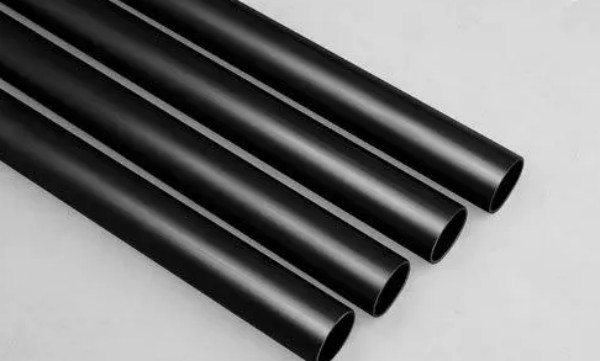
Advantages and Disadvantages of Black Steel Pipes
Advantages of Black Steel Pipes
The advantages of black iron pipes are obvious, with a range of characteristics such as strength, durability, versatility and cost-effectiveness. Together, these qualities highlight the importance of digging deeper into their potential advantages.
1. Strength and Durability
One of the notable features of black iron pipes is their strength and durability. Made of low-carbon steel, these pipes have the ability to withstand high pressure, shock and vibration. Whether deployed in industrial equipment or natural gas distribution networks, their sturdy structure ensures that they meet the needs of a variety of applications while maintaining structural integrity.
2. Wide range of uses
As a commonly used metal pipe, black steel pipe is widely used in various industries. It can be used for home decoration, air compression systems, etc. Compared with galvanized pipes, it is more suitable for high temperature and high pressure environments. This material is often used in fire sprinkler systems, gas pipelines, etc. If it is required for water supply systems, high-quality carbon steel that meets ASTM A53 or API 5L standards must be used and rust-proofed.
3. Corrosion resistance and protection
Black iron pipes are known for their excellent durability and have an added layer of anti-corrosion protection. These pipes go through a black oxide coating process, carefully applied to form a strong protective layer against various environmental factors that may cause rust and the subsequent reduction in strength. However, it is recommended to remember that while black iron pipes do show commendable corrosion resistance, they do not reach the level of corrosion resistance possessed by materials such as stainless steel or plastic pipes.
4. Fire resistance
The high melting point gives black steel pipes good fire resistance, which makes it one of the popular choices for fire-proof pipes. This feature is especially important for buildings and facilities that require enhanced safety measures.
5. Easy installation and high mechanical strength
Black iron pipes use threaded connections, which are designed to simplify the installation process. These connections make assembly and disassembly simple, alleviating the complexity of repairs and modifications. The advantages are more than just saving time; it greatly reduces the need for specialized tools or techniques, ultimately improving project efficiency.
Disadvantages
Disadvantages of black steel pipes
1.Easy to corrode
Although the oxide layer on the surface of black steel pipes can play a role in corrosion protection, it is particularly susceptible to corrosion if it comes into contact with moisture or corrosive chemicals, exposing water and gas pipelines to the risk of leakage and pollution. Therefore, black steel pipes must be regularly maintained and anti-corrosion measures must be taken during use.
2.Rough inner surface
During the forming process of black steel pipe, the steel pipe blank will go through processes such as perforation and rolling, which will cause a certain degree of roughness on the inner surface of the steel pipe, which will reduce the flow rate of gas or liquid in the pipeline, increase energy consumption and cost. At the same time, this also makes it easy for deposits to form in the pipeline, causing blockage.
3.Sensitive to the environment
Black steel pipes may not perform well in some harsh environments. For example, in highly acidic or alkaline environments, black steel pipes may accelerate corrosion and shorten their service life. Therefore, in some special applications, additional protection measures such as coatings or cladding materials are required.
What types of black steel pipes are there?
Black steel pipes are mainly divided into two categories:
seamless steel pipes and welded steel pipes.
Seamless steel pipes are made by hot rolling or cold drawing, without welds. Due to their high strength and excellent pressure resistance, they are often used in high-pressure and high-temperature applications, such as boiler pipes, oil pipelines and natural gas pipelines. Welded steel pipes are formed by rolling and welding steel plates or steel strips, and are divided into
LSAW steel pipes and
SSAW steel pipes. They are widely used in water supply, gas transmission and building structures. In addition, black steel pipes can also be galvanized to form galvanized steel pipes to enhance their corrosion resistance.
Black steel pipes are a testament to the lasting value of carefully selected pipe materials. The advantages of black steel pipes include high strength, good durability, corrosion resistance, affordable price, versatility, easy installation and fire resistance, which together contribute to their popularity in various industries. Although these pipes do have some limitations, such as possible susceptibility to corrosion, proper maintenance measures can alleviate these challenges.








 English
English Español
Español بالعربية
بالعربية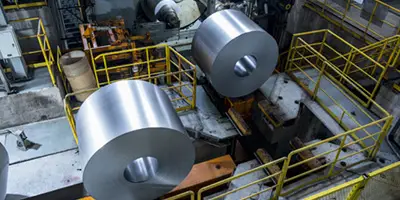
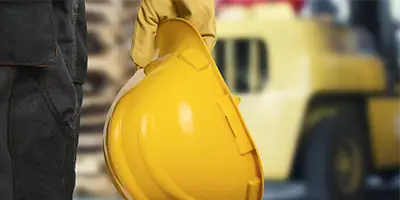
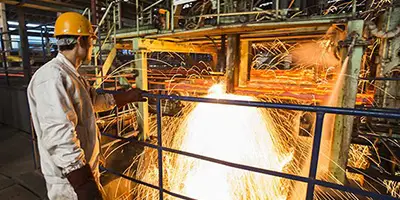
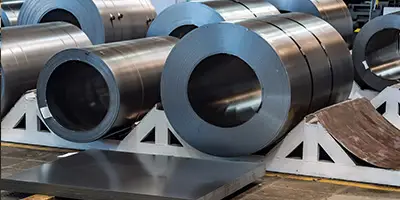

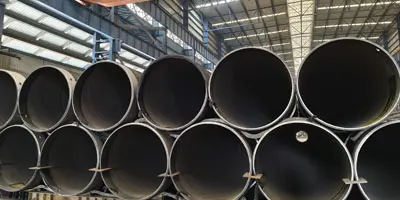
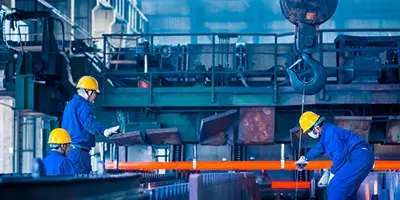
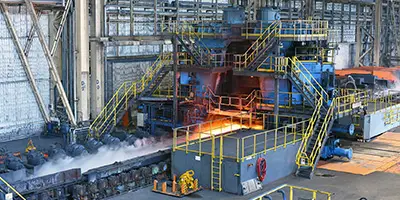
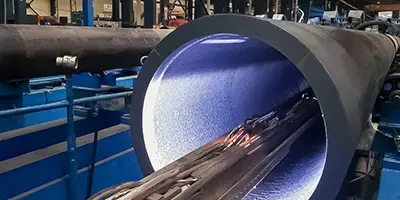
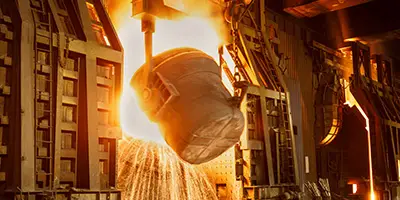
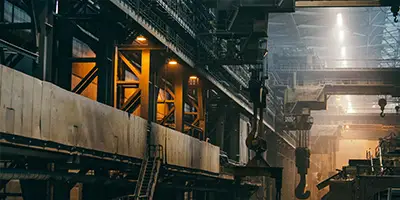

 Phone :
Phone :  Whatsapp :
Whatsapp :  Email :
Email : 


